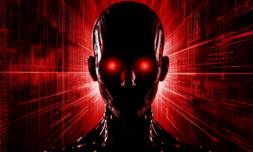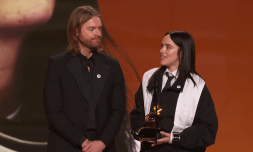London’s Prince Charles cinema was set to debut the world’s first film with a fully AI-generated script, but the project was scrapped after more than 200 people filed complaints.
Artificial Intelligence software such as ChatGPT, Midjourney, and DALL-E has sparked worry amongst creatives since they first burst on the scene.
Artists have raised concerns about whether AI-generated paintings, photography, or music would eventually compete with work created by humans. The ethical considerations of this have also been widely discussed, as well as whether separate categories for AI art should be created, and what those should look like.
Despite competing with AI for a place in the spotlight being an artists’ worst nightmare, it’s actually happening now. Well, almost.
Over the weekend, London’s Prince Charles cinema had planned to debut a new production named The Last Screenwriter. The project’s entire script had been written using AI, specifically OpenAI’s ChatGPT 4.0, with no input from human writers.
The public viewed this as a shocking move for the West End cinema, given that they typically screen cult and arthouse films. The organisation quickly received over 200 complaints about their decision to premiere a project that was essentially written by a bot.
In response, the cinema’s representatives released a statement saying, ‘The feedback we received over the last 24hrs once we advertised the film has highlighted the strong concern held by many of our audience on the use of AI in place of a writer which speaks to a wider issue within the industry.’
As a result, the film premiere was cancelled – at least to the public. It is reported that a private screening for the film’s cast and crew would still be shown in London.
— Prince Charles Cinema (@ThePCCLondon) June 18, 2024





















